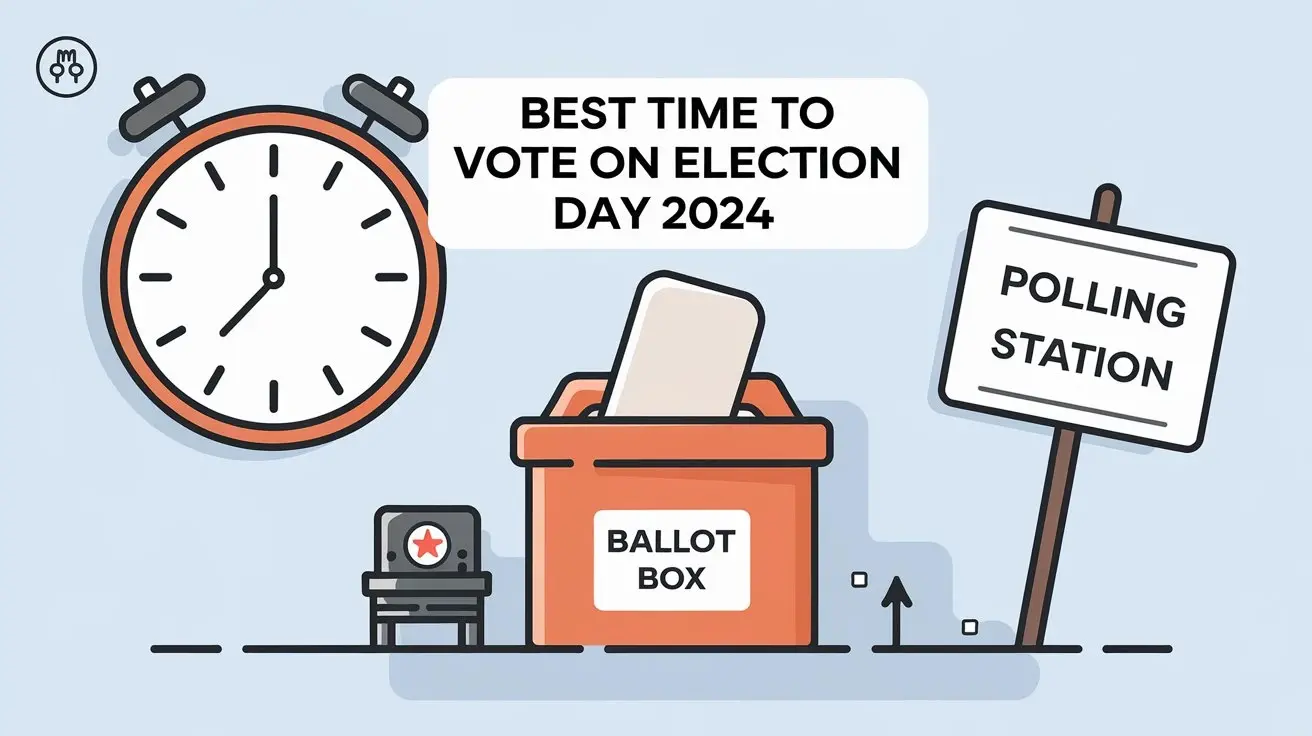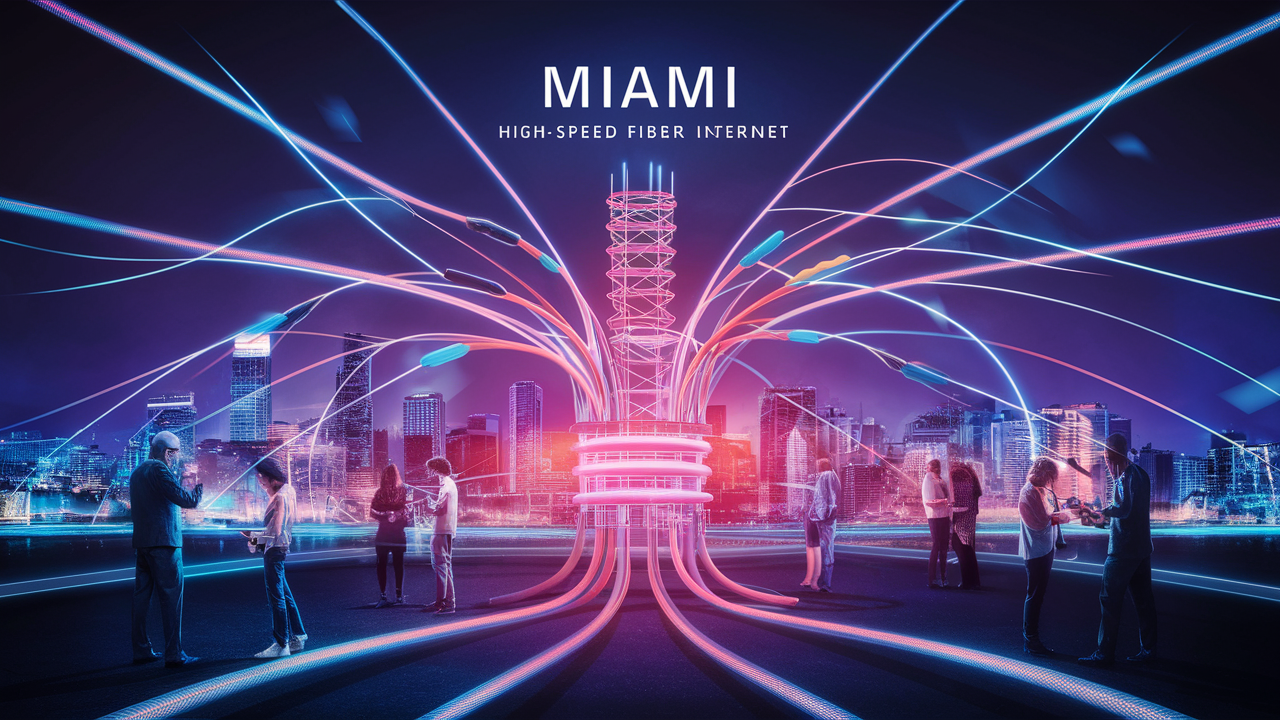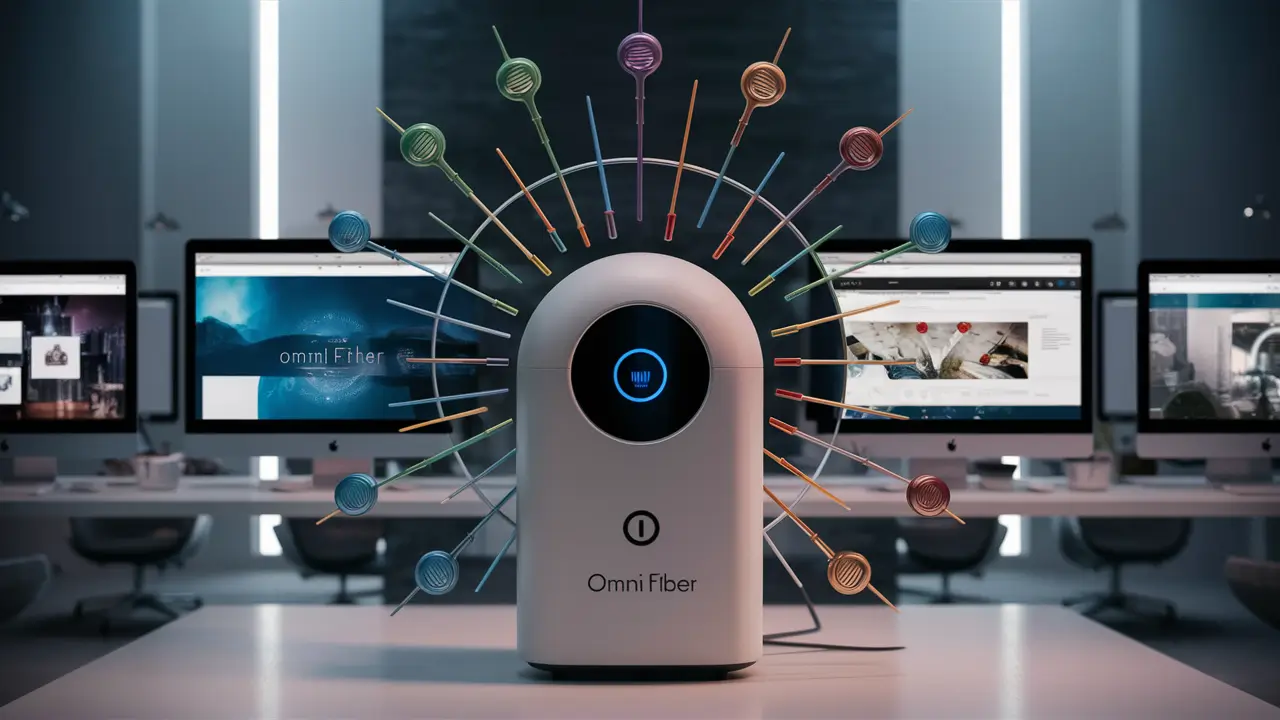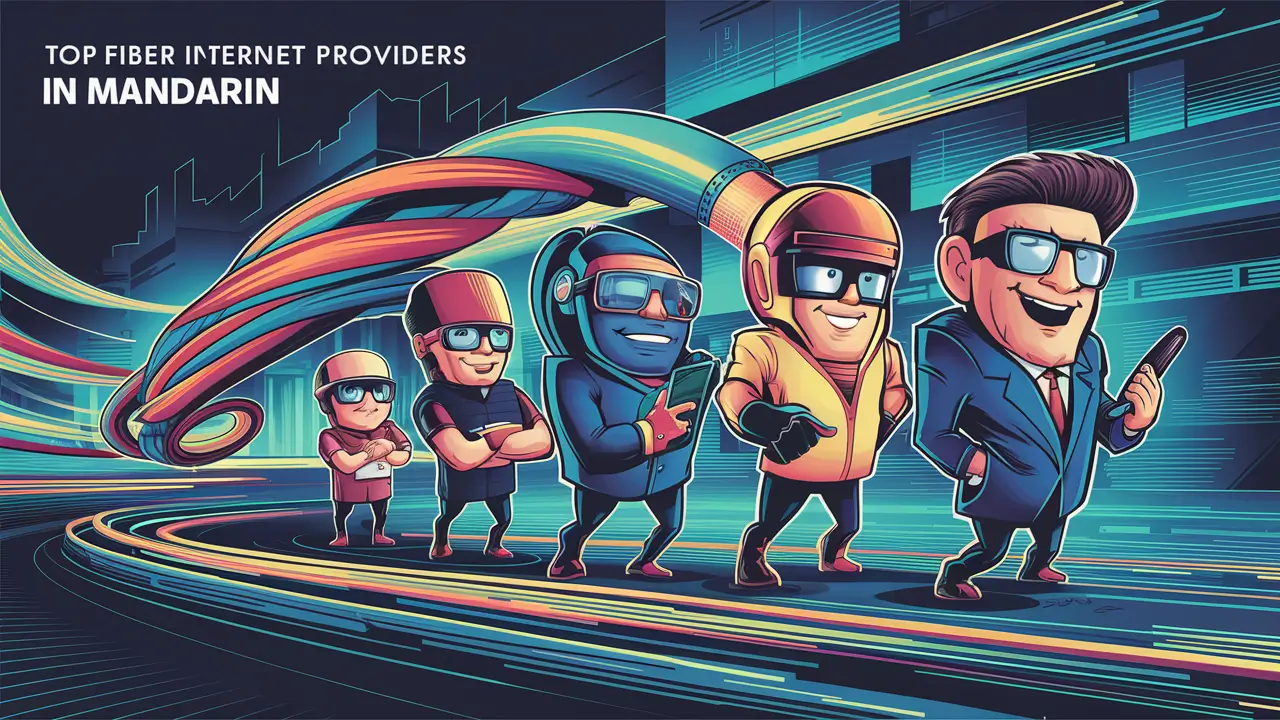
In the current world, where the internet plays a critical role in various sectors such as business, entertainment, learning, and social interactions, having efficient fiber internet service is more crucial than ever. Fiber internet is a form of internet service that uses fiber optic cables for transmitting data, described as offering some of the fastest and most reliable connections consumers can get today. When shopping for fiber internet, you need to ensure that the provider that you select has the best service and prices in your locality. In this guide, we have focused on some of the most popular fiber internet providers across the United States to assist you in choosing the right provider for your home.
Key Things To Consider in Comparing Fiber Providers
- Coverage – while fiber networks are extending, access areas are still restricted in certain locations. Check that the service is available in your area.
- Speed – In terms of speeds, fiber connection is also known to differ greatly. Compare packages to determine the speeds ideal for your home based on your household’s activities. Most of the providers today offer 1Gbps or even higher speeds.
- Data caps – Make sure that your data will not be limited or that you have the appropriate amount for the usage you need. While some providers allow for plans as small as 1TB, the best providers provide unlimited data.
- Uptime, lag, and jitter – Assess the reliability of the provider based on the ratings and reviews of customers. The best fiber networks have 99%+ uptime assurances.
- Value – Your provider should be reasonably priced, have a variety of plans to choose from and they should also be courteous enough to attend to all our queries. Search for cheap offers with high connection speeds and no limitations on the amount of data used.
It is hence important to consider the top fiber internet providers to get the best service.
1. Verizon Fios
Verizon Fios is one of the most significant and long-standing fiber internet providers in the United States and relies on its fiber optic infrastructure. Key advantages of Verizon Fios include.
- They are easily accessible since they offer coverage for more than 12 million households within the eastern and southern regions.
- Fast speeds, with most of the plans featuring 300 Mbps and up to 940 Mbps in options.
- Dependability, which is better than DSL and cable internet due to the fiber optic connection.
- Free data allowances for all plans and there is also no restriction on the amount of data provided even for the basic service.
The primary disadvantage of Verizon Fios is its higher price, although it offers more versatile and reasonably priced offers with TV and mobile services.
2. AT&T Fiber
Fiber deployment and the number of subscribers to AT&T fiber internet service have expanded greatly in the last few years only. Key features include:
- Covers a wide area passing over 14 million customer locations all across the country.
- Fixed broadband offers download speeds of up to 1Gbps for most of its home packages.
- Savings when bundled with wireless, TV service, etc. Low prices for the first few months only.
- Strong fiber network and positive customer relationships.
Some cons are not many traditional DSL networks available in some regions, and data limits on the basic tier. In conclusion, AT&T fiber is one of the best internet provider services that many households can take advantage of.
3. CenturyLink Fiber
As the third largest telecom provider nationally, CenturyLink offers fairly extensive fiber connectivity.
- Service operates on about 2.7 million households and increases more than 40000 monthly.
- 1 Gbps or even higher Internet packages are widely offered for acquisition in a constantly expanding number of areas.
- Pros: Option to package CenturyLink home security, Primetime streaming TV, and other services.
Drawbacks are mainly linked to limited max speeds in areas without fiber optics, variability of customer service, and relatively lower cost compared to other providers. CenturyLink fiber is most suitable in areas that offer Gigabit services at reasonable rates.
4. Google Fiber
Google Fiber has pioneered the expansion of high-speed fiber internet through sizable deployments in select metro areas.
- Serves nearly 2 million locations in the parts of 18 states.
- Puts forward stable connection speeds reaching 1000 Mbps for fairly affordable prices.
- Includes basic and straightforward pricing and plans with no additional costs, commitments, limits, or additional charges.
The only drawbacks are that Google Fiber is still limited in its coverage and it may take some time before the service is installed in your area, although these issues are getting better as Google expands the service to new neighborhoods.
5. Other than the super-fast fiber broadband service providers at the national level, there are a few fiber providers at the local and regional levels.
Alongside the major national brands, smaller local and regional fiber optic providers are playing an increasingly vital role in making ultra-high-speed internet more accessible.
- More than one thousand of the more minor providers contribute to fiber competition.
- Local providers are usually better as they are more focused on customer service and are usually more involved in the community.
- Accessibility is limited but gradually increasing with fiber deployment projects.
The major issues are usually restricted service areas that are localized to a few cities and towns, the lower max speed sometimes, and the inability to gauge reliability for relatively new players. However, these local fiber networks are paving the way for increased future bandwidth.
In conclusion, fiber internet availability is progressively improving across the country due to the efforts of both large telecommunications providers and new ambitious networks. This means that while customers consider the availability and the speeds being offered in the market, they also look at the reliability and the overall value to find the right fiber provider that fits into the household’s budget. Verizon Fios, AT&T, CenturyLink, and Google Fiber stand out, particularly in areas where fiber optics allow for high speeds for reasonable money with no limitations on data usage and no traffic jams during peak hours.
Ready to experience fast, reliable internet? Call us now at (855) 210-8090 to find the best internet service providers near you. Don't miss out on incredible speeds and exceptional service—contact us today!






